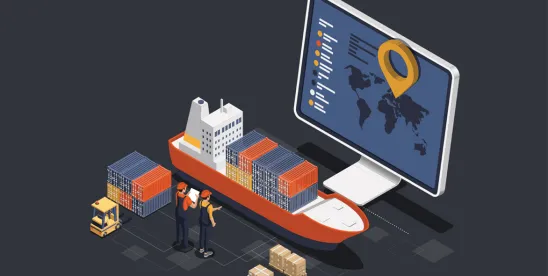Experts say that autonomous ships could change the maritime industry as much as containers did when they were introduced over 50 years ago. Back in 2017, the global seaborne industry was valued at about $12 trillion. The business case for autonomous ships includes lower fuel consumption, fewer idle hours, fewer personnel, and lower costs. Of course, experts also say that autonomous ships will not replace human entirely. Advances in technology will continue to make shipping safer and more efficient, but this technology will not replace masters and crews that serve on board. Essentially, if self-driving cars are something of the near future, then autonomous or remote-controlled ships are certainly on the horizon since these vessels move at slower speeds with less-demanding requirements for position updates.
Additionally, fully autonomous vessels can decrease risks for crews in situations such as a ship performing extremely dangerous operations like mine sweeping and ordnance removal, scientific vessels studying volcanic islands, or fire boats inserting themselves directly into flames and toxic fumes.
When will we see these autonomous ships crossing the oceans? Well, experts also say that the timeline could be less than five years. Of course, the United Nations’ International Maritime Organization will need to finalize a set of guidelines for such autonomous ships.



 />i
/>i
